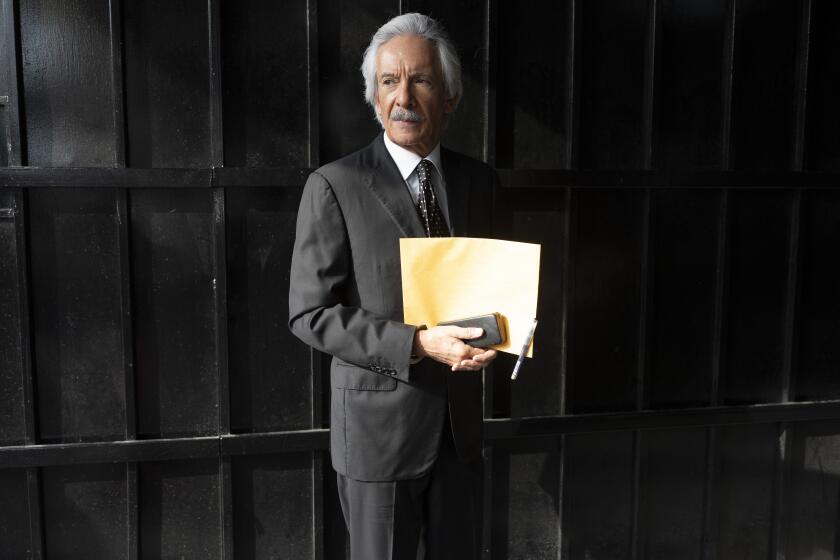In Trade, Simplicity Counts
Few nations relish the idea of opening their markets to imports, but the 135 member countries of the World Trade Organization will seek to do just that in Seattle this week at a meeting designed to promote the flow of world trade.
They put hundreds of proposals on their wish lists and then spent weeks whittling them down to a manageable total. Keeping the agenda simple will clearly be key to the success of the meeting. This might not be as difficult as it seems. The core topics--abolishing subsidies for farm exports, opening markets for trade in services and cutting tariffs--were agreed upon in the previous, eighth round of WTO talks. Agreement in the Seattle discussions, to open Tuesday, will hinge on the negotiators’ success in keeping most other pet projects off the agenda.
Labor standards and environmental rules, for instance, clearly do not belong on the trade agenda. Developing countries fear that these measures are aimed at barring their products from the markets of developed countries. As justified as the United States and Western Europe are in wanting to rid the world of child labor and sweatshops, the WTO is not the place to do it. Rather, the wealthy governments should work with the United Nations’ International Labor Organization to improve working conditions in poor countries.
Similarly, incorporating environmental requirements into trade rules, as the developed countries and thousands of environmental protesters who have descended on the Seattle talks demand, would in fact serve only to protect the rich countries’ markets, not improve the global environment.
International trade rules should not be used to undermine national laws designed to protect the environment, though they should be considered when the WTO is settling disputes between individual countries. Settlement proceedings should be open to all interested parties, including environmental groups. But imposing rules that only the rich can afford to implement would shut off trade from more than two-thirds of the world’s nations.
The poor countries do have some justification for calling on the trade ministers at Seattle to roll back agreements struck in the previous round. According to the World Bank, only 55 of the 135 WTO members can meet the Jan. 1 deadline for compliance with trade rules on customs valuation, the protection of patents and copyright, and plant and animal sanitation. Most members simply don’t have the expertise or money this requires. Nevertheless, a wholesale rollback of these rules would be a mistake.
Rather, the developed countries in the WTO should offer their poorer trading partners the know-how and financial assistance to bring them into compliance. Delays should be granted only to countries that cannot meet standards despite their best efforts.
Some WTO rules are clearly too complex and costly for all member countries to handle, and it would be a mistake to accept proposals, mainly European, calling for new rules on topics ranging from investment to competition.
Besides the topics already agreed upon, the Seattle meeting should concentrate on stepping up compliance with prior WTO agreements and making the trade organization more open and accountable. Keeping the agenda simple is the key to the Seattle round.
More to Read
Start your day right
Sign up for Essential California for news, features and recommendations from the L.A. Times and beyond in your inbox six days a week.
You may occasionally receive promotional content from the Los Angeles Times.






